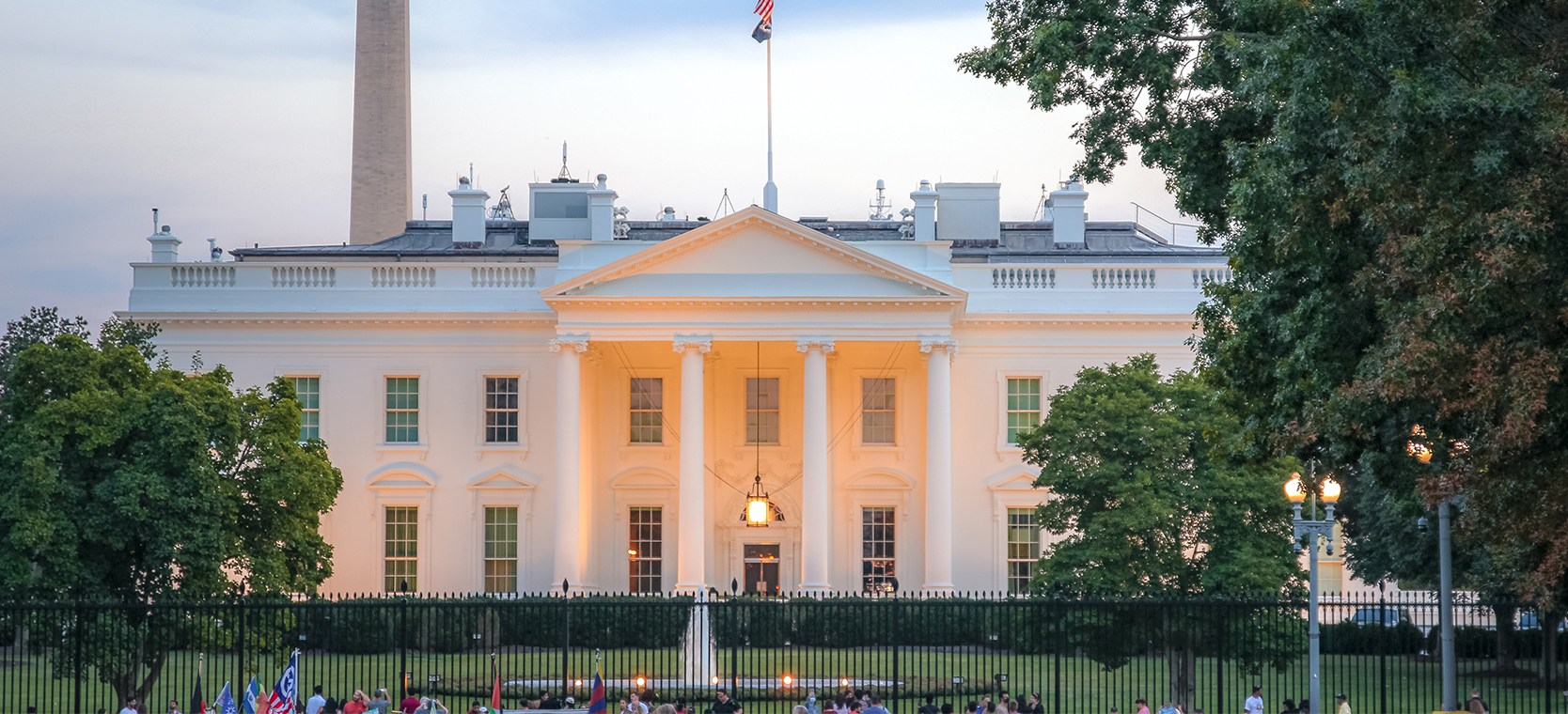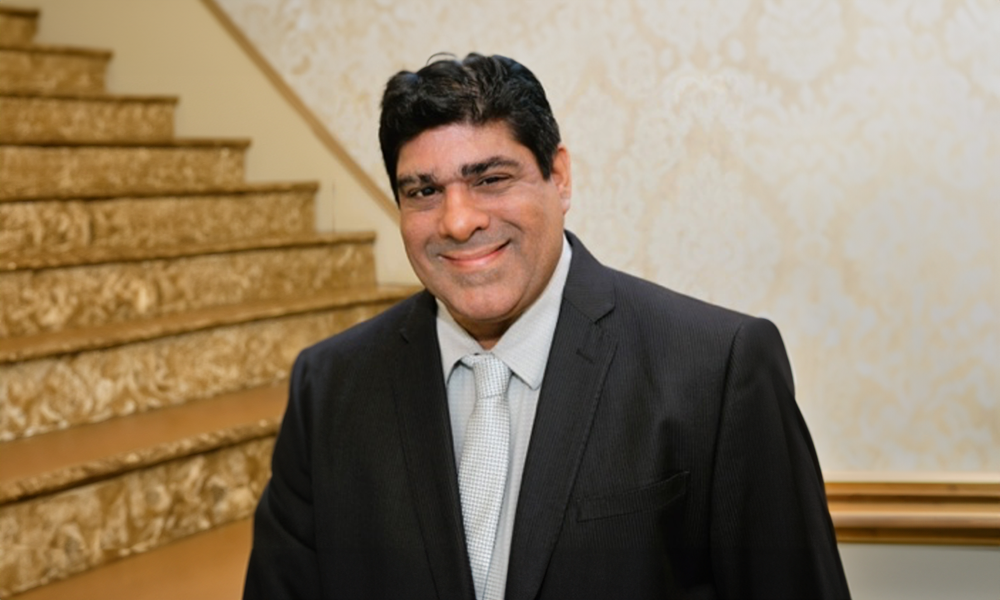Western New England University (WNE) was among 99 law schools from 35 states and Puerto Rico called by the White House and the Department of Justice to respond to the Attorney General's Call to Action to the Legal Profession for stronger access to justice and court reform on eviction prevention. In just a few months, law students across the country dedicated nearly 81,000 hours to provide legal assistance to households and communities across the country.
"Five months ago, I asked the legal community to answer the call to help Americans facing eviction," said Attorney General Merrick Garland. "Law students and lawyers from across the country stepped up to take on cases, and assisted their clients and communities at a time when our country needed it the most. Today, our work is far from over, and making real the promise of equal justice under law remains our urgent and unfinished mission."
"Western New England Law is proud to stand with almost 100 other law schools in combatting housing insecurity especially during this time of extraordinary need. Our social justice lawyering to prevent eviction is an area in which students, faculty, and the law school as a whole can and do contribute in vitally important ways," says WNE School of Law Dean Sudha Setty.
To assist in this effort, Western New England University School of Law offers multiple opportunities for students to work on behalf of community members facing eviction.
- In the Legal Aid Clinic, students work in the Housing Unit of Community Legal Aid, advocating for clients in eviction defense cases, as well as some foreclosure work. In that capacity, students connect with statewide efforts and information sharing on initiatives and best practices in the current crisis.
- In Externship students have opportunities to work in housing matters; from private attorneys practicing landlord/tenant law to clerking for a judge in the Western Massachusetts Housing Court.
- WNE School of Law's Public Interest Coordinator encourages students to volunteer for the Hampden County Legal Clinic's Lawyer for the Day Clinics, which include a Landlord/Tenant Clinic and Housing Court Clinic, to satisfy the law school's 20 hours pro bono requirement, which applies to faculty and students.
- The WNE Center for Social Justice (The Center) engages students to address challenges litigants face, including COVID-19 demands for technology access and the capacity to enter the courthouse's (now virtual) front door. To this end, The Center is working on creating community-based technology access centers in partnership with other systems and local stakeholders.
- The Center worked with students to analyze the impact of the pandemic on pro se litigants, ultimately to advocate for policy changes aimed at more equitable access to the legal system.
The call to action by the Attorney General and the response from law schools across the country is part of the Biden-Harris Administration's all-of-government approach to help millions of families keep up on rent and remain in their homes. These efforts—along with the distribution of $25-30 billion distributed to well over 3 million households in need through in the American Rescue Plan Emergency Rental Assistance program by the end of 2021—has led to increased access to counsel and eviction diversion in jurisdictions across the country and kept eviction filing rates below 60% of averages in a typical year.
"We could not be more inspired that so many dedicated law students and clinical legal programs have risen to the call to provide legal services to hard-pressed families at risk of, too often, devastating evictions," said Gene Sperling, Senior Advisor to the President and American Rescue Plan Coordinator. "We believe that the increased access to counsel that is being provided by such dedicated law students and clinical programs has prevented eviction, despair, and even homelessness for countless families, and that these types of access to justice and court diversion reforms are also critical to the long-term reforms needed to build back to a better and more humane national eviction policy."
Second Gentleman Douglas Emhoff added, "The Biden-Harris Administration is committed to building a legal system that is just, fair, and accessible to all, but we can't do it alone. That's why we salute the law school deans, faculty, and students for answering our call, and for using their legal skills to further the cause of access to justice. Their efforts will provide dignity, housing security, and justice to millions of families across our country."





